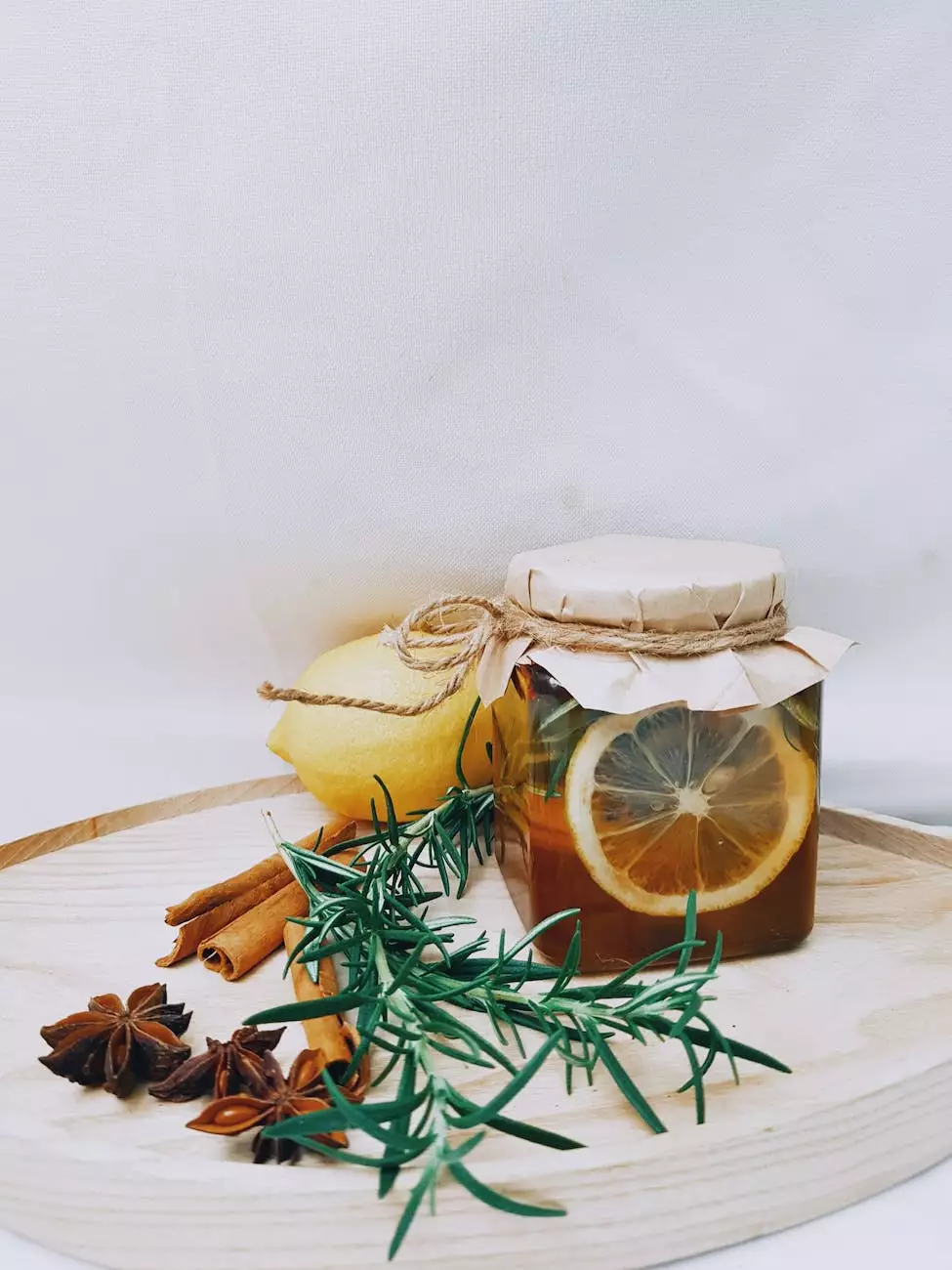What Is PCOS And Can Herbs Help?

Introduction
Welcome to Redding Integrative Medicine's blog post on PCOS (Polycystic Ovary Syndrome) and the potential benefits of herbs in its management. As a leading provider of alternative and natural medicine solutions in the Health category, we strive to provide our readers with accurate and comprehensive information to empower them in making informed health decisions.
Understanding PCOS
PCOS is a complex hormonal disorder that affects women of reproductive age. It is characterized by imbalanced hormone levels, irregular menstrual cycles, and the presence of multiple cysts on the ovaries. Common symptoms include weight gain, acne, excessive hair growth, and fertility issues.
While the exact cause of PCOS is not fully understood, experts believe that genetics, insulin resistance, and hormonal imbalances play a significant role in its development. If left unmanaged, PCOS can lead to long-term health complications, such as diabetes, heart disease, and infertility.
Traditional Approaches to PCOS
Conventional medical approaches to PCOS often involve the use of hormonal birth control pills and medications to regulate menstrual cycles and manage symptoms. These treatments primarily focus on symptom management rather than addressing the underlying causes.
However, for individuals seeking a more holistic and natural approach, herbs and herbal remedies have been gaining popularity as an adjunctive therapy for PCOS management.
The Potential Benefits of Herbs for PCOS
Herbs have long been used in traditional medicine systems for their therapeutic properties. Many of these herbs have shown promising benefits in managing PCOS symptoms and addressing hormonal imbalances. It's important to note that herbs should be used under the guidance of qualified healthcare practitioners to ensure safety and efficacy.
1. Cinnamon
Cinnamon has been studied for its potential role in managing insulin resistance, a common underlying factor in PCOS. It may help improve insulin sensitivity, regulate blood sugar levels, and potentially aid in weight management.
2. Saw Palmetto
Saw palmetto is often recommended for managing androgen-related symptoms of PCOS, such as excessive hair growth and acne. This herb may help inhibit the conversion of testosterone to its more potent form, reducing androgenic activity in the body.
3. Chaste tree (Vitex agnus-castus)
Chaste tree, also known as Vitex agnus-castus, has been traditionally used for hormonal imbalances in women. It may help regulate menstrual cycles, reduce menstrual pain, and balance hormone levels by acting on the pituitary gland.
4. Spearmint
Spearmint tea or extract may help reduce excess androgens in women with PCOS. It may have anti-androgenic effects, potentially decreasing symptoms related to excess hair growth and acne.
5. Licorice root
Licorice root has been used in traditional medicine for its anti-inflammatory and anti-androgenic properties. It may potentially help manage PCOS symptoms by reducing inflammation and balancing hormone levels.
6. Maca
Maca is an adaptogenic herb that may help support hormone balance and alleviate symptoms associated with PCOS, such as fatigue, mood swings, and low libido.
Conclusion
While herbs can offer potential benefits for managing PCOS symptoms, it's crucial to remember that they should be used as part of a comprehensive treatment plan under the guidance of a qualified healthcare professional. At Redding Integrative Medicine, our expert practitioners can provide personalized guidance and recommend the most suitable herbal remedies based on your individual needs.
By addressing the underlying factors contributing to PCOS and taking a holistic approach, we can work together towards achieving optimal health and managing the symptoms of PCOS naturally.









